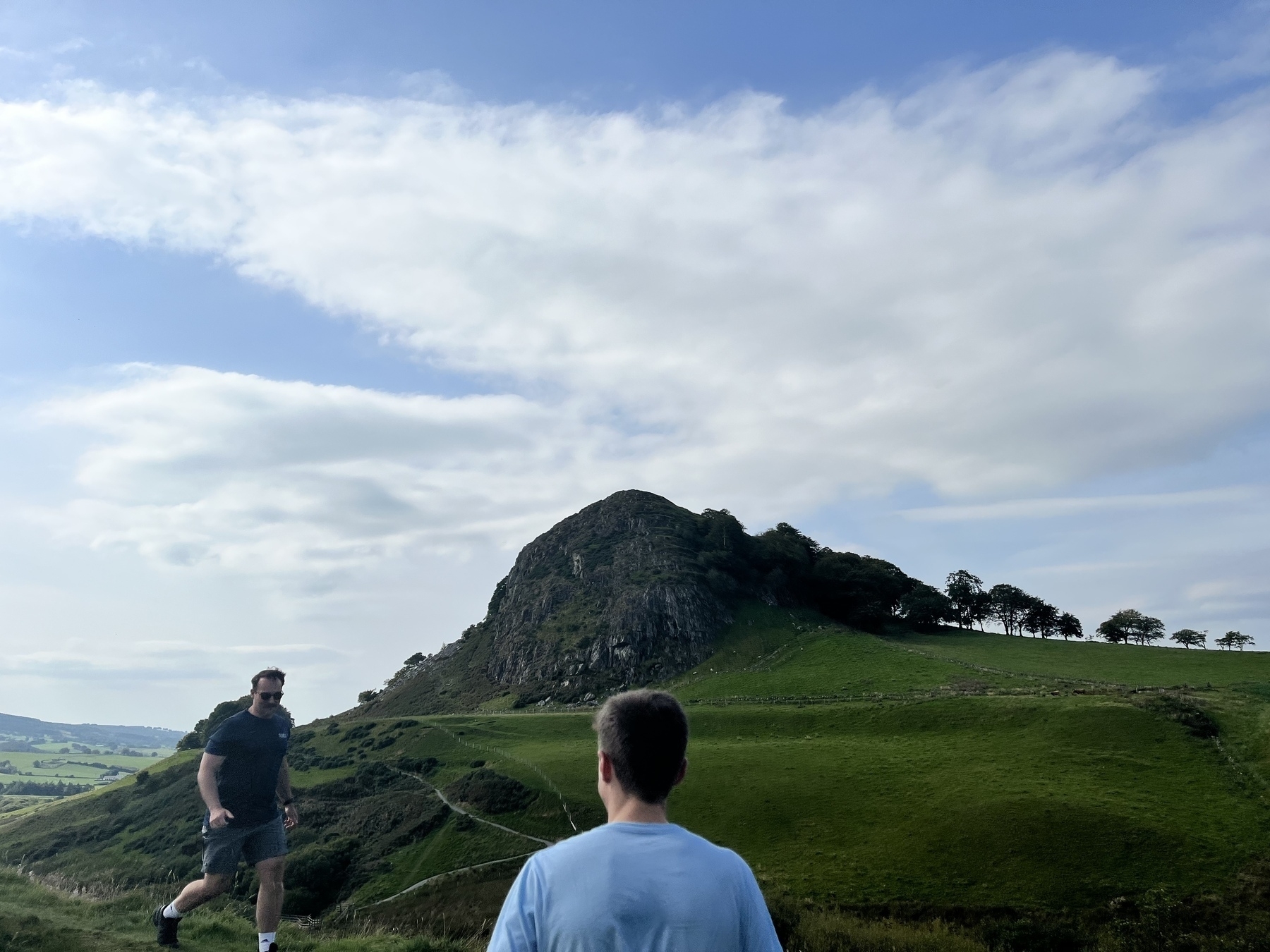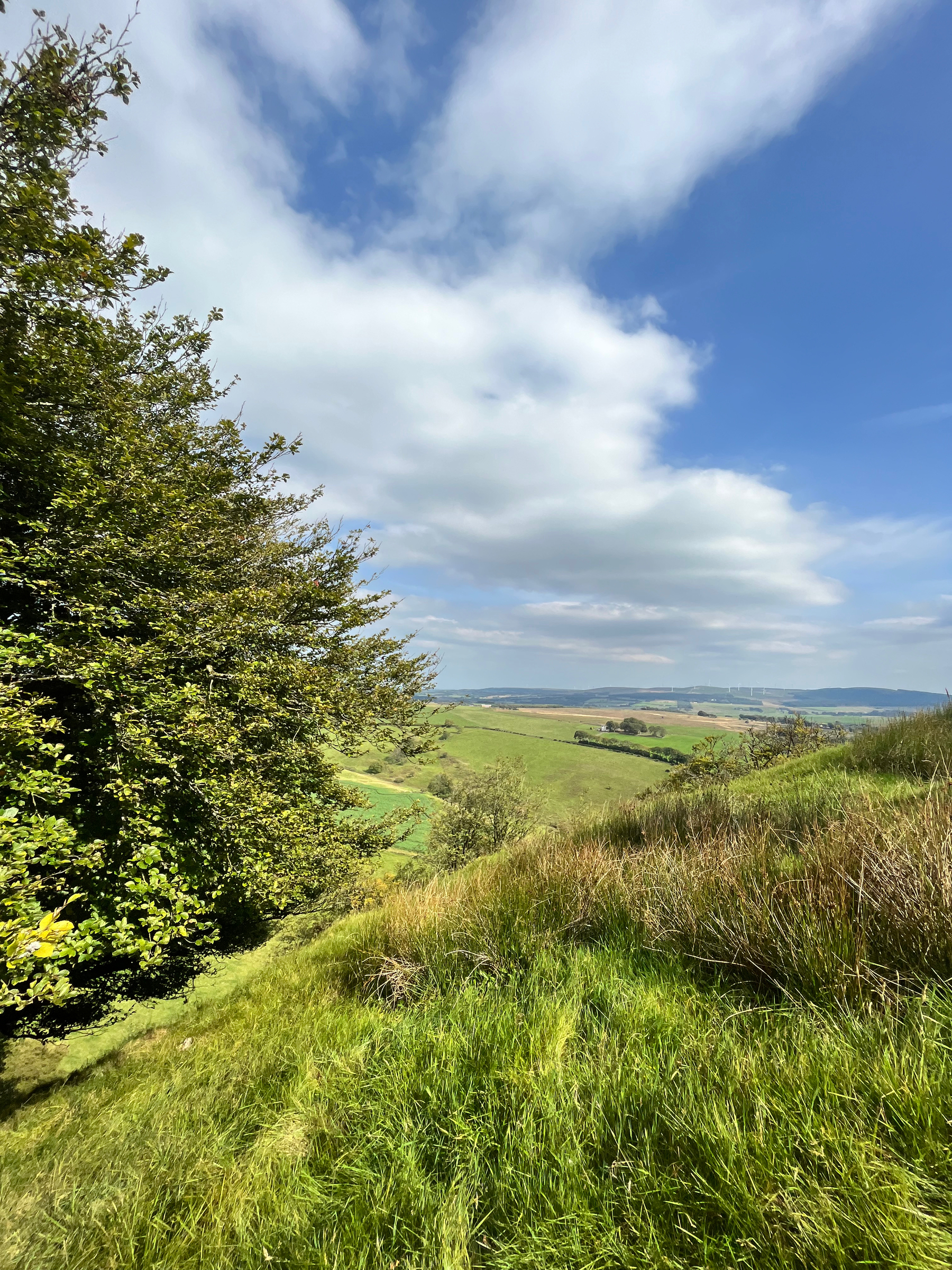reflections on the residential week

Last week was spent at a Scripture Union activity centre thinking really big thoughts about God with a group of around 20 pastors, women’s workers, and ministers-in-training.
Here are just a few of the things I took away from the week.
The Creator/creature distinction cannot be overemphasised
I mentioned, as I traveled to the residential, that we were going to be spending this term studying the doctrine of God. That is, theology proper. Theology means god words after all. And when we consider God in his being, we very quickly reach the limits of our own finite minds.
Because we can only conceive of things in a creaturely way, we struggle to remember that, actually, we aren’t God and cannot know him as he knows himself (see this article for an accessible answer as to why).
When we forget this we make one of two errors:
- Either God is shrunk down to our level
- or we raise ourselves up to his level
It’s from this vantage point that we see how heresies regarding the Trinity are able to be conceived. The god of the JWs or the LDS or of Islam is comprehensible to the human mind which is why their conception of God simply doesn’t work. A god who fits within the framework of a created mind is a god who is too small.
So we have to keep reminding ourselves that we are trying to think true thoughts in a creaturely way. It is possible, but we are inherently limited.
The works of the Son are the works of the Father
Something that was pointed out by Andy Gemmill is that it is really easy to find ourselves looking at extra-biblical material as we do the work of studying theology. There is technical language (of necessity because, again, we’re trying to work out how to say what is not straightforward to say). There are many, many, many, many… books about theology written by people with very big brains.
To guard against this, alongside the books we’ll be studying, we are also working through John’s gospel. People really like John’s gospel because of the way it portrays Jesus and gives us the answer to the question of why it was written. What I never realised before, after many readings, was just how crucial it is for giving us our doctrine of God. Were it not for John’s gospel, our theologies would be deeply lacking.
And one of the big lessons there is that the works of Jesus, the incarnate Son, are so closely linked with those of the Father that to see one is to see the other (John 5:17). This is why John tells his audience that Jesus has made him known (John 1:18).
Christian friendship in ministry is really good

While we spent a good amount of time studying together, the other purpose of the residential is for us to just spend time together. Ministry can be quite lonely, especially if there are not many faithful churches nearby. And so these residential are a good opportunity to hangout and enjoy time with ministry workers who are in other contexts. Some of us are from post-industrial, working class towns, some from city centres, some from more rural settings. But these weeks, and our times in the classroom throughout the year, are such a great help.
It’s looking like it will be an intense year. This term is the doctrine of God and the next one is Christology. Both things which force you to think carefully and in a way that is very stretching. I’m just glad I’m using Obsidian to keep track of my notes for this.